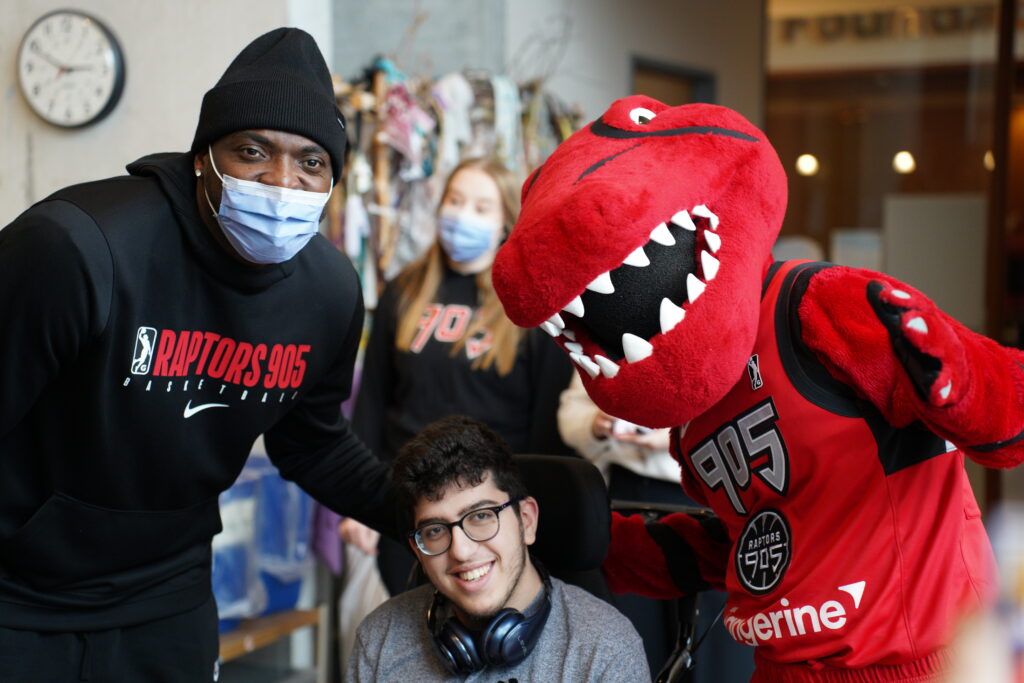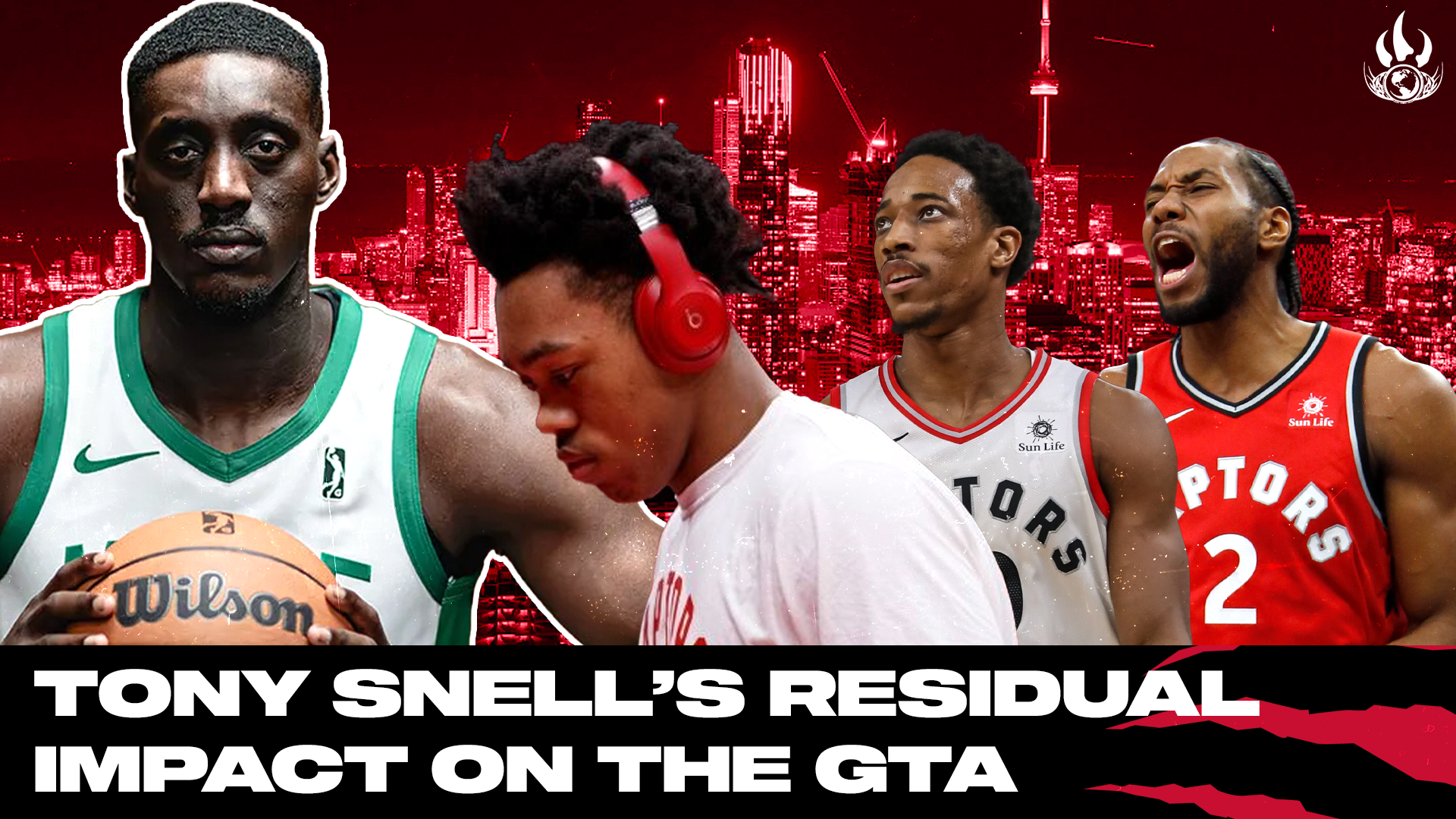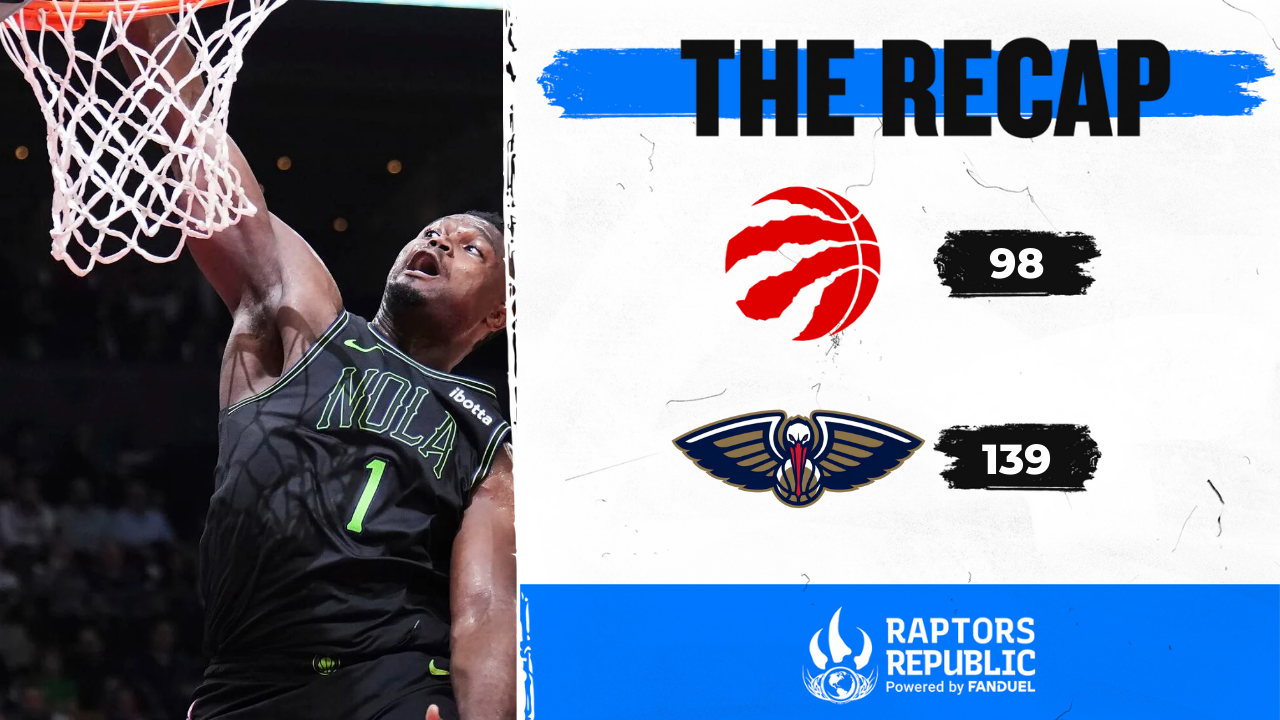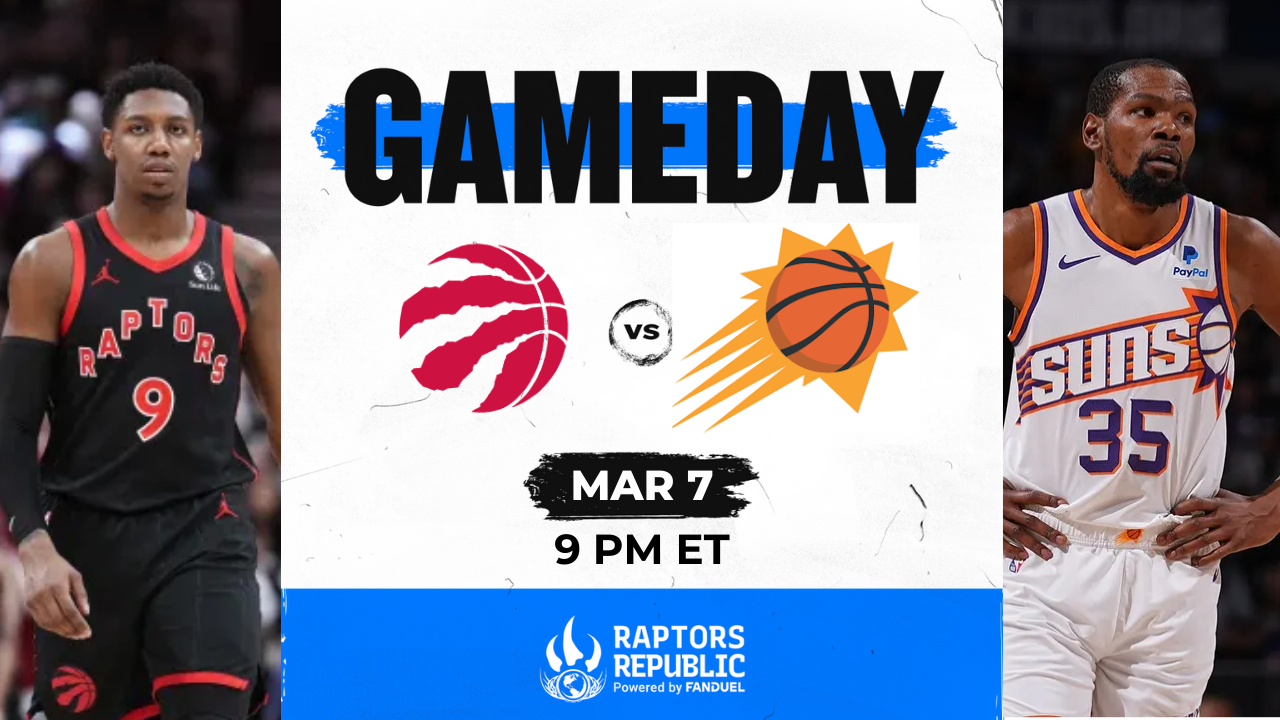Tony Snell’s six words after I shook his hand outside the ScotiaBank Arena press conference room meant the world to me. “Appreciate you. Take care of yourself,” he said. I related to an NBA journeyman who had found a way to stick around the league in spite of his disability.
In a follow-up call, I asked him if he ever communicated to others about how he felt different, before he ever knew he was on the autism spectrum. “No not, really. I just kept to myself. You know, figure it out the best way I can,” he said, which sounded extremely alienating for someone with a sense of anomie, a sense of never quite fitting in.
There’s an old footage where he was publicly berated by Joakim Noah for not reciprocating a chest bump, so I also asked him about it. “That was something new for me. I think I kind of killed his vibe, his excitement by not giving him a chest bump, which was new to me. But like I said, ‘Live and Learn.’ And we talked about it after. I apologized for it and made up for it.”
But developmental pediatrician Dr. Mel Penner from the Holland Bloorview Kids Rehabilitation Hospital – Canada’s largest pediatric rehabilitation hospital – has a different take. Such apologies may not have been entirely necessary.
She helped me re-interpret the “failed” chest bump footage. “One of the things that I love the most about learning from my autistic friends and colleagues and patients is that they helped me to realize when some of the social norms or conventions aren’t necessarily the most logical, or might not make sense to everyone,” she said.
What may seem self-evident to a neurotypical NBA player in the heat of that moment may not have been so to Snell. “So in that situation, we could ask ourselves, ‘Who needs to change their behavior?’ So often, the focus has been on making the autistic person change their behavior to accommodate the neurotypical person’s wishes and desires.”
Like the adjective commonly used to describe the type of player Kawhi Leonard is – whose picture hung on Dr. Penner’s wall – diversity, equity and inclusion, when done right, is a two-way street. It goes beyond one person or party merely accommodating or tolerating the other.
“I think that’s where the real kind of positive growth can happen is actually outside of those moments, and coming back after and saying, like, ‘Hey, man, what happened there?’ or ‘How can I celebrate differently with you?’”
For Snell, autism had an unintended benefit. “I have a hyper-focus. Once I focus on something, I’m 100% focused – it’s like tunnel vision,” he said. “I think it’s a superpower. I don’t see nothing around me. The downside is trying to connect with people, being nervous with crowds.”
But for many others, including the kids at Holland Bloorview, a disability is not always a superpower. So players like Snell using their platform to de-stigmatize and normalize them goes a long way.
On Thursday, March 7th, the Raptors 905 will host the final Capes for Kids event. The 905 and Holland Bloorview have been building a partnership with 905 players previously making hospital visits. Most notably, former Raptor Pascal Siakam and all his fans set a Guiness World Record last year.
Snell’s name may have disappeared from the headlines, and the 905 have no more games left against the Maine Celtics, but he continues to work on becoming more of a vocal, veteran presence on his team.
He has been getting help from his inner circle to deal with his ASD. “I’m a big routine guy. I eat the same thing every single day,” though he has been working to challenge his desire for sameness, one of the diagnostic criteria for autism according to Dr. Penner. “Just trying to get used to adjusting my routine a little bit, just trying to learn on the fly,” he said.
“A lot of people that I know know somebody who has it. A lot of my old friends were like, ‘Thank you for opening up. I usually gotta keep everything private,’” he said.
Dr. Penner is grateful for Snell using his platform to amplify an issue some of the kids at Holland Bloorview deal with everyday. “I am so grateful for Tony using his voice to share something really personal about himself and about his family,” she said.
“I hope this helps people to understand autistic people can be in any kind of role we think of in society, including a pro basketball player. To enable that success, it means that other people don’t impose those limits on them.”

The Raptors 905 face the Indiana Mad Ants at Paramount Fine Foods Centre at 7:30 pm on Thursday, March 7th. Make sure to go support the final Capes for Kids event!



